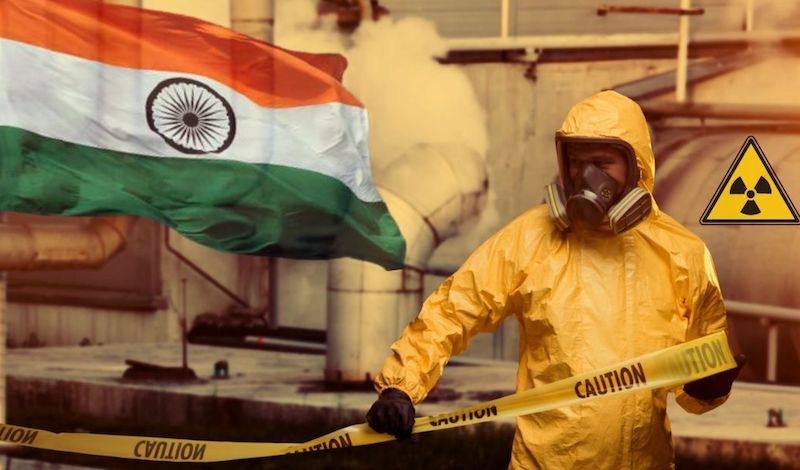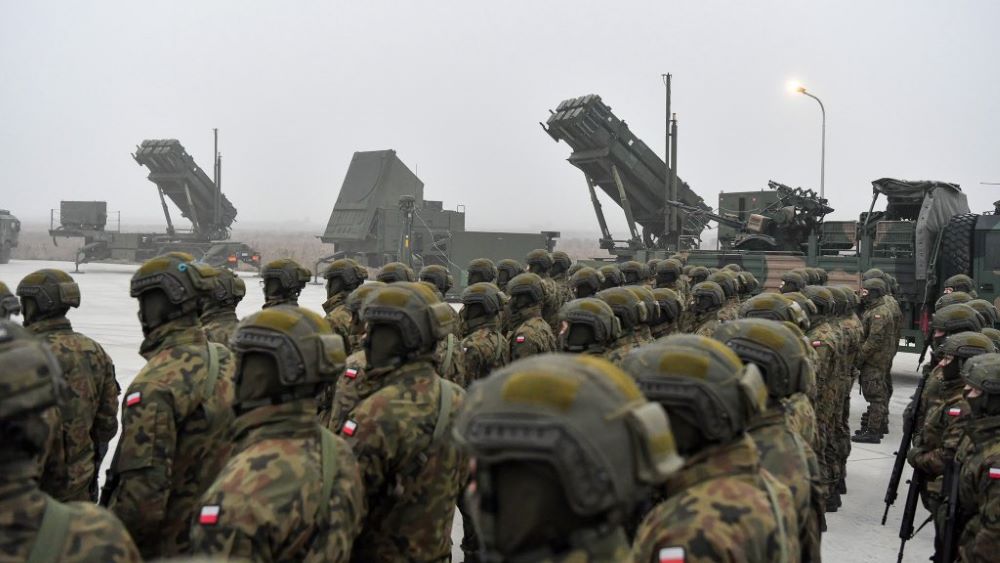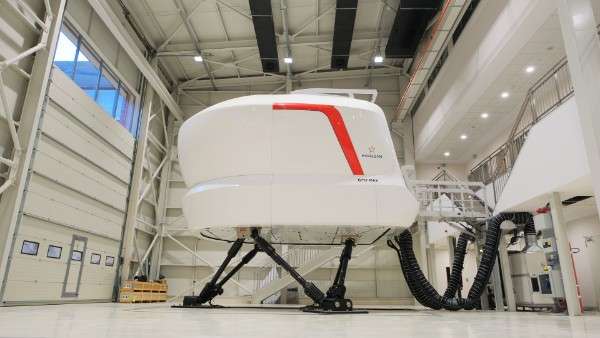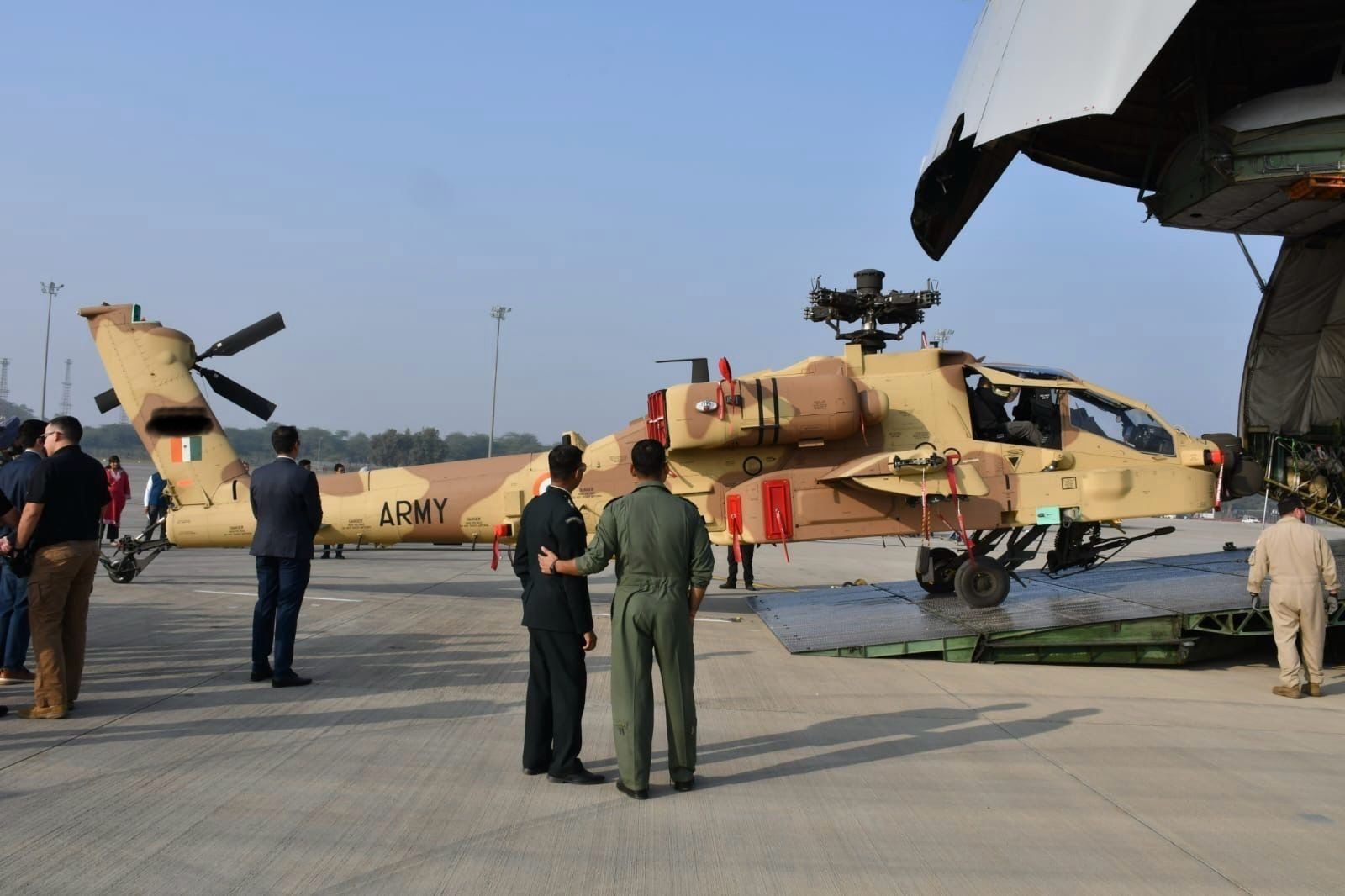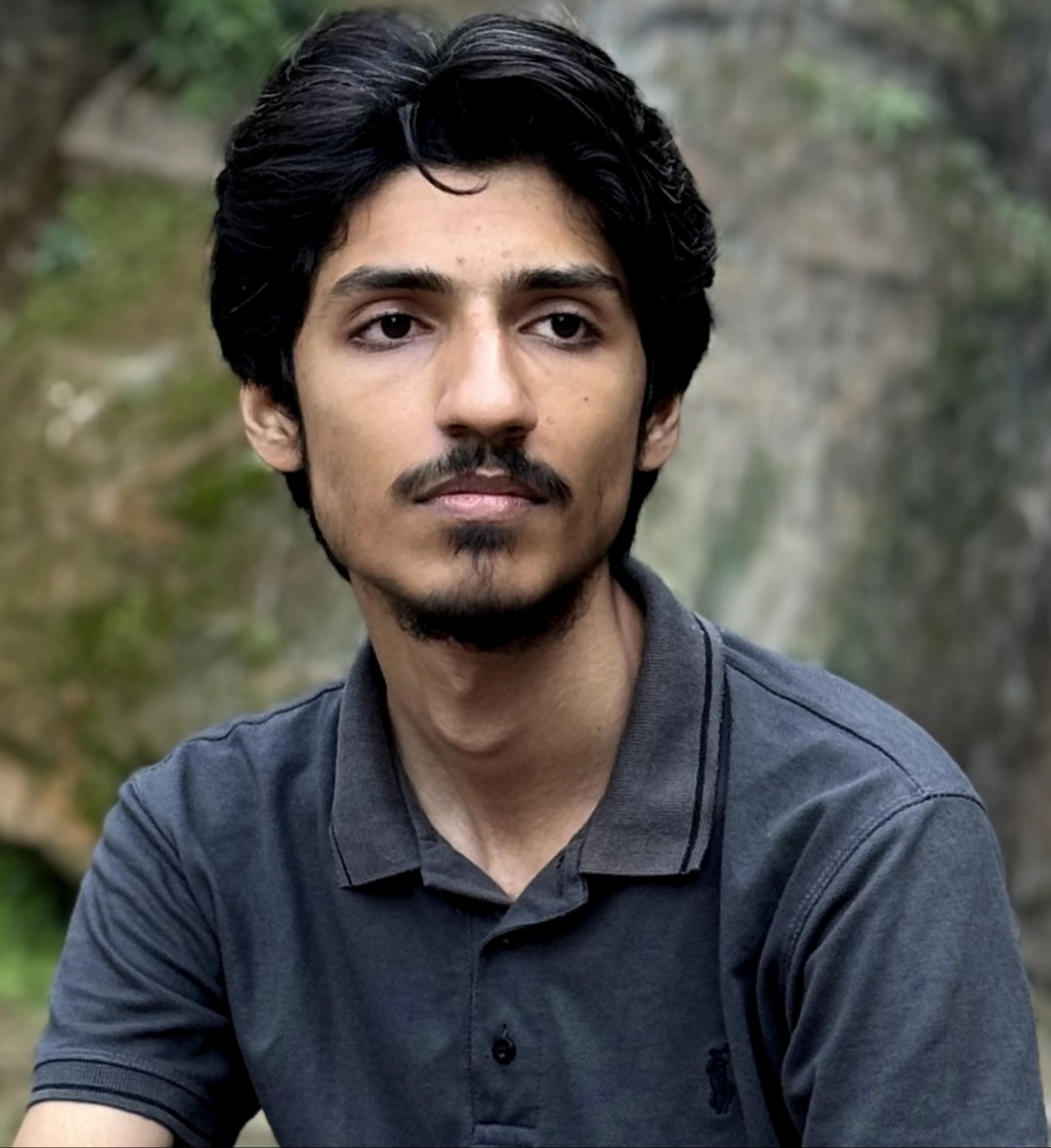“India would do well to secure its radioactive backyard, where uranium appears to flow more freely than vegetables in a street market, before lecturing others on nuclear responsibility.”
Based in Vienna, the International Atomic Energy Agency (IAEA) is the United Nations’ specialized agency charged with fostering the peaceful use of nuclear energy and stopping the spread of nuclear weapons. It promotes international confidence by means of safeguards, inspections, and technical cooperation by monitoring and verifying nuclear programs to guarantee they aren’t being redirected for military purposes.
Given this, the Indian Defense Minister’s latest comments that Pakistan’s nuclear stockpile should be under IAEA control show a deep misunderstanding of the strategic balance in South Asia. They also attempt to deflect criticism of India’s own nuclear safety and security history and highlight India’s unhappiness with Pakistan’s showing a reasonable deterrent. India and Pakistan were declared nuclear powers in May 1998 following a run of tit-for-tat nuclear tests. India conducted five nuclear tests on May 11 and 13; Pakistan did six on May 28 and 30.
These tests significantly altered the security situation in the area, therefore transforming South Asia into one of the most unstable nuclear hotspots in the world. Decades of animosity, including several wars and continuous conflicts, especially over Kashmir, shaped this nuclear rivalry.
Though they have not signed the Non-Proliferation Treaty (NPT), the nuclear growth of the two nations has been quite different. The National Command Authority (NCA) of Pakistan runs a respected command and control system, which supervises its nuclear program. While promoting its nuclear weapons as a deterrent to hostility and a guarantee of regional peace, it preserves international safety and security standards. Moreover, by vigorously supporting international non-proliferation criteria, Pakistan has consistently demonstrated a responsible nuclear posture.
India, on the other hand, has displayed a worrisome pattern of negligence in handling nuclear and radioactive substances. On Indian soil, reports of radioactive material theft, loss, or illegal possession have abounded since the 1990s. The James Martin Center for Nonproliferation Studies reported at least 18 such occurrences between 1994 and 2021 involving more than 200 kg of dangerous materials, including uranium and cesium-137, some of which were taken from state- run institutions.
Table of Contents
ToggleAmong the notable occurrences are:
- 1994: West Bengal residents were arrested for possessing 2.5 kg of uranium.
- 1998: Theft of eight kg of nuclear material in Tamil Nadu.
- 2003: Bihar saw the confiscation of 225 grams of low-grade uranium.
- 2008: Recovered from illegal possession in Meghalaya were four kilograms of uranium.
- 2016: Maharashtra police located nine kilos of depleted uranium.
- 2021: Two guys are detained in Mumbai for attempting to illegally sell more than 7 kg of natural uranium.
These events reveal major institutional defects in India’s nuclear regulatory and enforcement mechanisms. Even at renowned institutions like the Bhabha Atomic Research Centre (BARC), guaranteeing accountability and physical protection of sensitive materials has proven challenging. This mismanagement not only threatens Indian citizens but also has regional and international consequences, since there is a grave danger of nuclear terrorism if such materials fall into the hands of terrorist organizations.
Though Pakistan’s nuclear infrastructure is still strong, safe, and well-managed, India’s unregulated trafficking of radioactive materials, which is being characterized as moving “like grocery items,” deserves urgent attention. Especially via organisations like the IAEA, the UNSC 1540 Committee, and other non-proliferation monitors, the international community must pay attention to these dangerous failures in India and act fast to hold it accountable.
South Asia’s fragile nuclear balance could cause even minor conflicts or bad choices to escalate into a catastrophic war. Though it does not examine military nuclear programs, the IAEA’s
bigger part in promoting nuclear safety criteria is vital. Maintaining strategic stability in this high- risk area and avoiding a crisis depend on international oversight, confidence-building projects, and diplomatic involvement.
The path forward
Given the strategic instability of South Asia and the nuclear capabilities of both India and Pakistan, a cooperative and forward-looking attitude is required to guarantee regional peace and nuclear security. The following steps are vital to raise confidence and strengthen regional stability:
1. Enhancing Nuclear Risk Mitigation through Bilateral Cooperation
India and Pakistan should begin a high-level, structured discussion on nuclear confidence- building measures (CBMs). Regular communication, hotline verification systems, and notification agreements on military exercises and missile tests help to prevent miscalculation and escalation.
2. Regional Nuclear Safety Frameworks
South Asia would gain from the development of a regional framework or forum, maybe supported by a multilateral organization or neutral third party, to talk about best practices for nuclear safety, material protection, and regulatory standards. This forum might be attended by technical experts and policymakers from both countries.
3. Working with World Organizations
Especially regarding nuclear material tracking, emergency preparedness, and civilian nuclear safety, both countries should cooperate more closely with international organizations, including the International Atomic Energy Agency (IAEA). Though military programs may not be within the IAEA’s jurisdiction, civilian cooperation can foster openness and trust.
4. Stability through Multilateral Platforms
Participation in groups like the United Nations or the Shanghai Cooperation Organization (SCO) can help to foster communication and reduce tensions. Apart from encouraging bilateral projects, multilateral diplomacy can help to protect against regional instability.
5. Systems for Transparency and Incident Reporting
Establishing mutual reporting protocols would help to coordinate responses, encourage early warning, and prevent misunderstandings or blame transfer during crises in case of nuclear safety incidents or material loss.

Muhammad Zain Ul Haq
Muhammad Zain Ul Haq is an International Relations analyst from Bahria University, specializing in political economy, geostrategy, and foreign policy. His work explores global trends and regional dynamics. He aims to publish research-based opinion pieces that connect academic insight with policy relevance.
- Muhammad Zain Ul Haq


